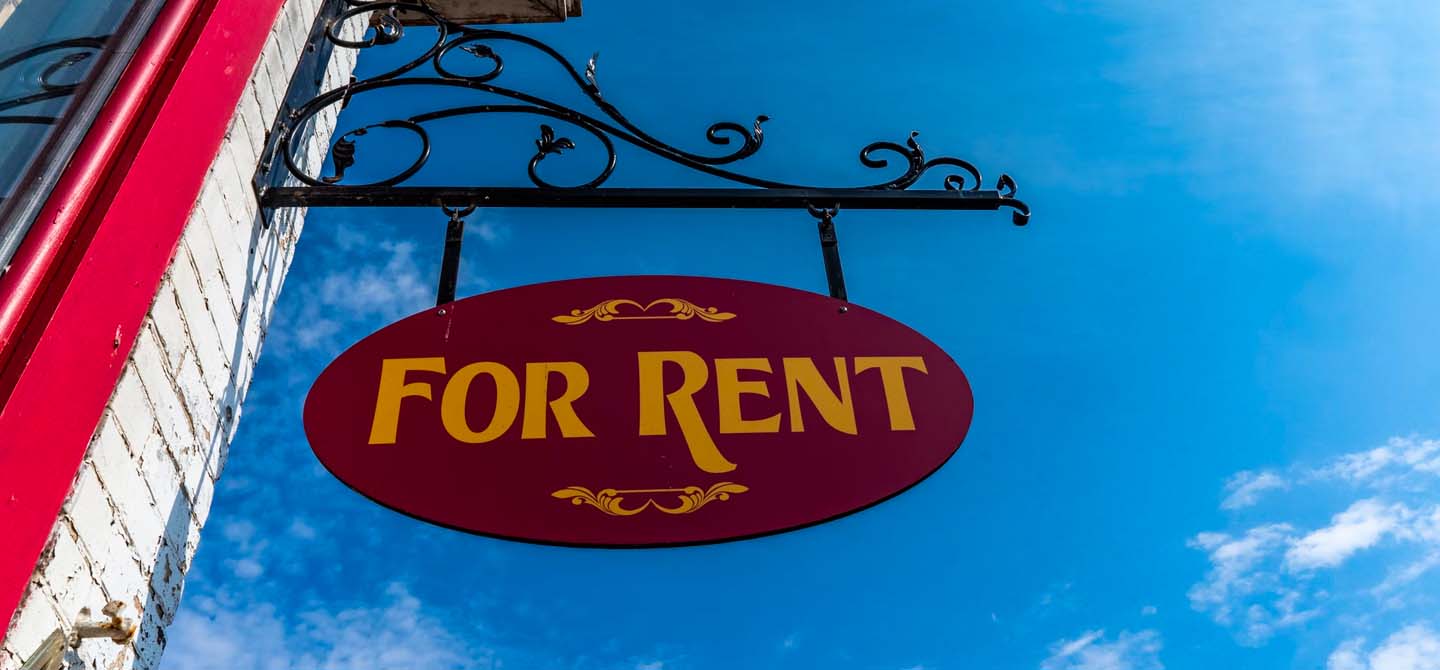Menu
When leasing a commercial property, it is important that both businesses and landlords understand their entitlements and obligations in a commercial lease. This is because as a legally binding contract, these entitlements and obligations are enforceable throughout the entire period of the lease. Therefore, to avoid dispute, misunderstanding, and resentment by parties, it is advised that when reviewing a commercial lease, ensure that the elements below are comprehensively written.
Cost
When reviewing a commercial lease, the stipulated cost of leasing the property will be important to note for businesses. Commercial leases will outline the total amount the occupier will be required to pay, and the frequency and dates of these payments. It may also provide a grace period and require the occupier to pay late fees if they were to pay their rent late.
The cost of the lease can also change overtime and increase depending on factors that the landlord stipulates such as market rates or percentage rates based on profits made by the business.
Duration
Commercial leases are also required to state the duration of the lease and may provide further options if a business wanted to have their lease extended. The lessee will be legally bound to pay rent for the duration stated in the commercial lease otherwise they would be in default. Typically, commercial leases operate for at least a year, however, each state and territory have different requirements as to the minimum amount a time a lease can operate.
Utility Expenses
When reviewing a commercial lease, another feature that can significantly increase the total amount paid by the lessee may be additional utility costs. Although some commercial leases are vague or may leave this feature out, it is useful to state which party has the responsibility of paying utility expenses to allow the lessee to estimate the entire cost of occupying the property. These expenses typically include water, gas, electricity, and internet bills. It may also include strata and property management costs.
Additional Features
A landowner may also have additional property that can be included into the commercial lease for a business owner to utilise. Such property includes fittings or equipment relevant to the type of work that will be conducted at the premises by the occupying business. For example, hospitality businesses may want a commercial lease that includes cooking equipment like an oven.
Subleasing
Subleasing is when the lessee allows a third party to rent out the premises in the lease. Many landlords include restrictions against subleasing in the commercial lease to avoid conflicting interests between multiple parties. However, this will depend on the lease and it may be useful for parties to negotiate how money will be distributed if subletting were to be allowed. In every instance, landlords must be notified if a lessee intends to sublet the premises.
Jurisdiction
The relevant jurisdiction where the commercial lease will operate is also important to note. This is because States and Territories have many different regulations and requirements for commercial leases and some jurisdictions require the lease to be registered to the government. Therefore, to ensure compliance, commercial leases should specify which jurisdiction the lease operates in and should be written to align with those jurisdictional requirements.
Lessee and Lessor Responsibilities
The commercial lease should also outline the responsibilities of the landlord and the occupier. Typically, they will outline the duties of the business leasing the property throughout the duration of lease and are commonly in regard to the maintenance of the property. A landlord may require that the lessee looks after or maintains the surrounding gardens, or they may include limitations on advertising and installing promotional fittings on the property. They may also include conditions as to the type of business that can operate on the premises. Conversely, the landlord may be obligated to conduct maintenance or repairs of the premises.
Deposit
An extra cost for businesses in a commercial lease may be through a deposit. Compulsory security deposits are included in the lease to cover any damage to the premises caused by the occupier. It is only for this purpose will the deposit be used and cannot be used to pay off any outstanding rent payments. Often, the amount of a deposit will be one month’s worth of rent, however, it will be returned to the lessee if the property is left intact. It will also be useful to outline in what circumstances will the security deposit be imposed and the level of damage required to do so.
Insurance
Commercial leases may also stipulate whether the lessee must be insured for how they use the property. Such as where the lessee is a retail business, a commercial lease may require the business to have public liability insurance covering any injuries occurring on the premises.
Termination Clause
Last, a commercial lease will need to include a termination clause setting out the procedure for when the lease ends. It may also set out the procedure for when a tenant is in default for not fulfilling their responsibilities or default on their payments. These procedures can include dispute resolution, litigation, or the landlord may enforce a charge over assets owned by the business and collect them to repay the debt.
Termination clauses can also outline how and in what circumstances can the landlord exercise their discretion to cancel the lease.
Outcome
As a commercial lease is a great commitment, it is important that both landlords and businesses understand their responsibilities. Hence, when reviewing a commercial lease, ensure that it comprehensively covers the aforementioned factors to protect both of the parties’ interests and reduce the risk of conflict.
If you need assistance with a commercial lease, get in touch with us via the contact form or by calling 1300 337 997.







